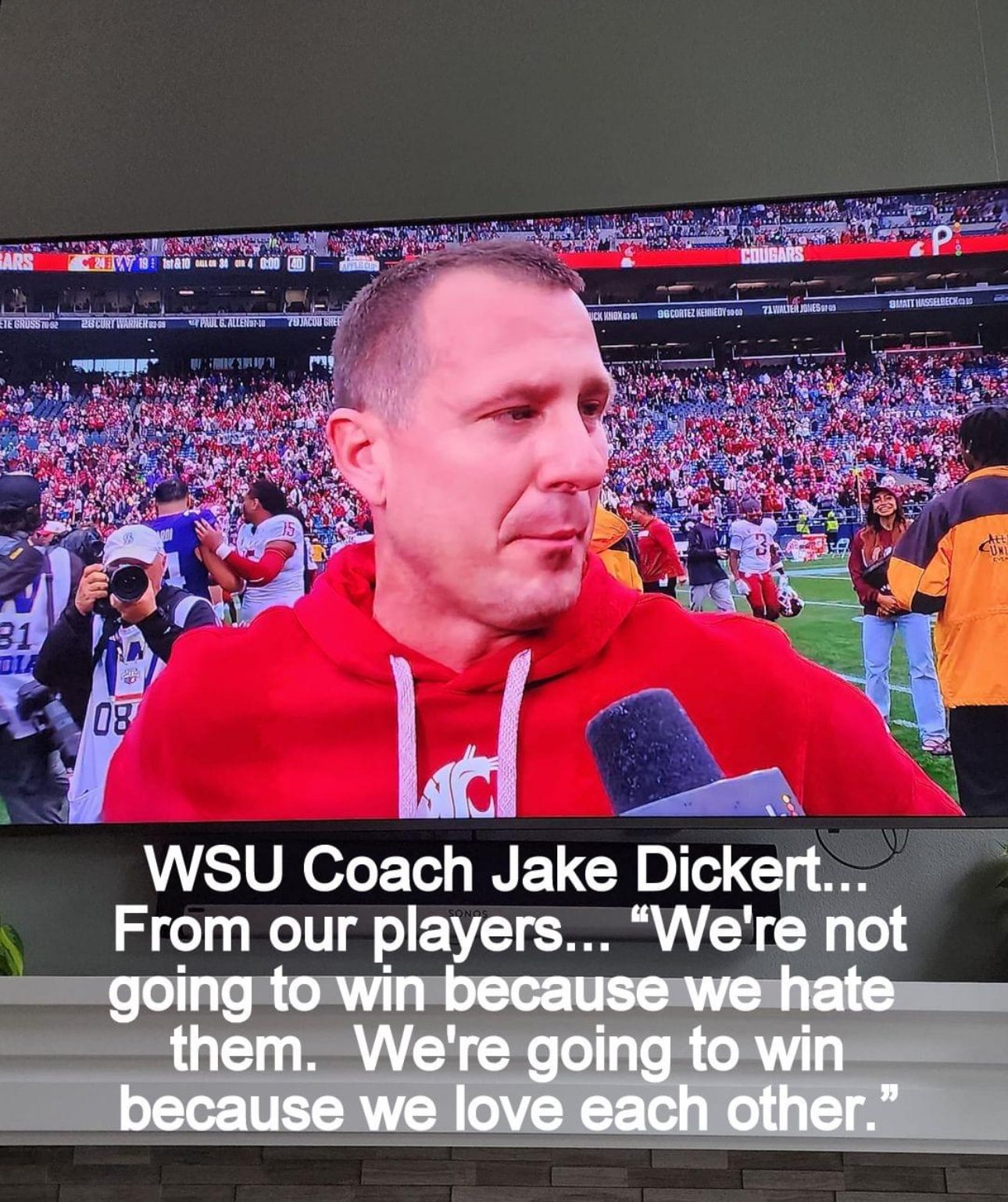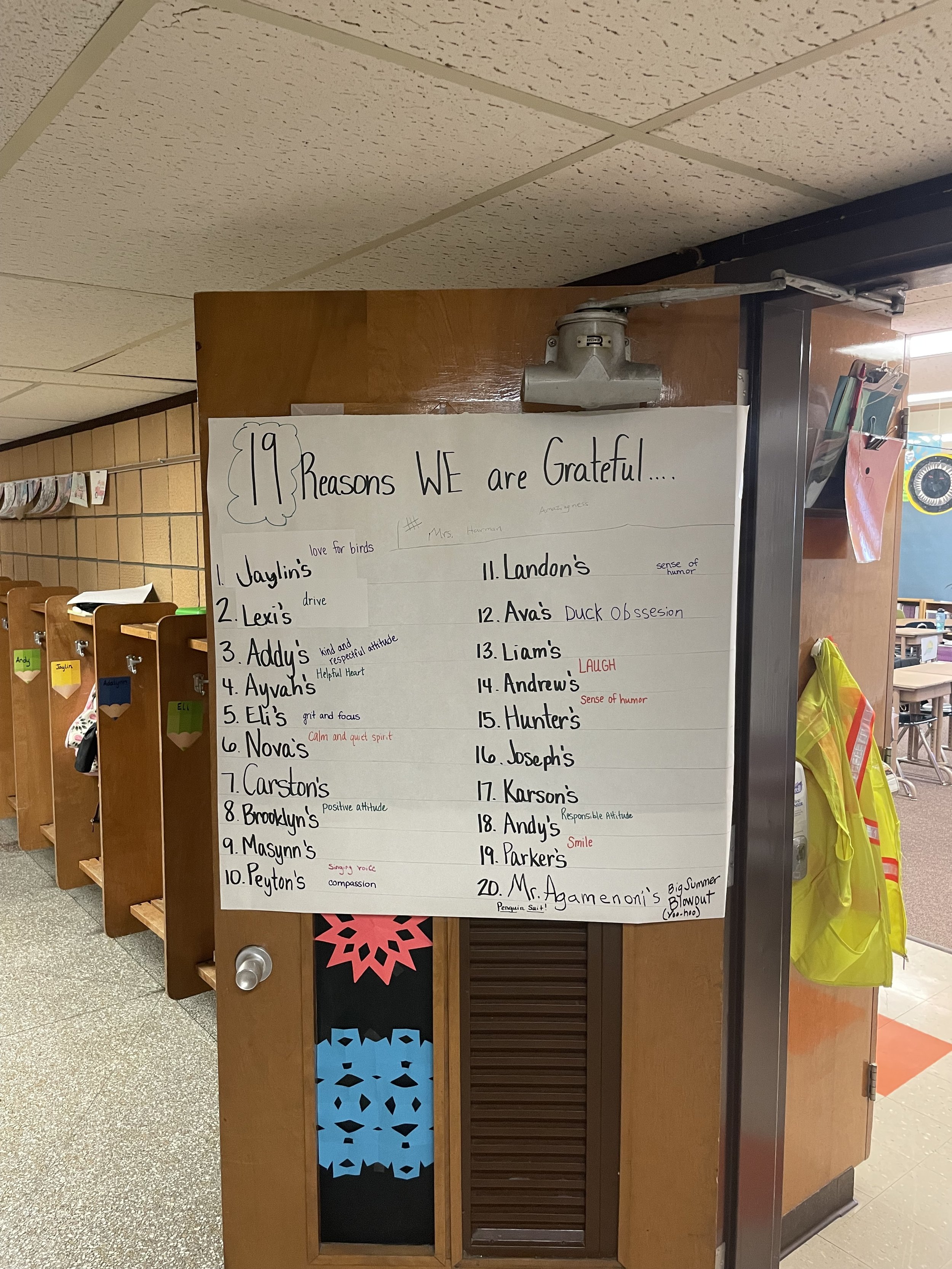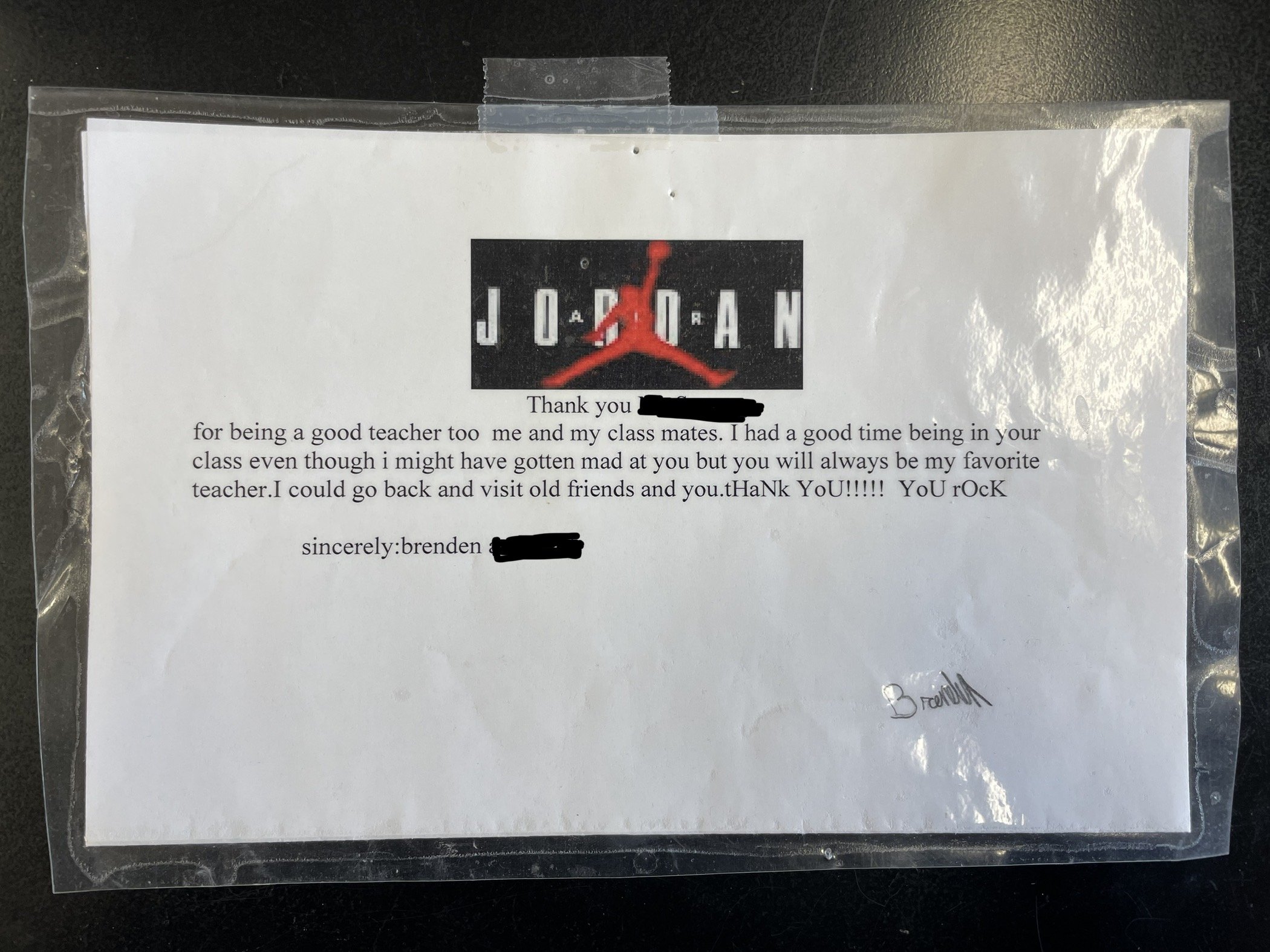“Don’t take it personal,” I found myself saying to multiple teachers this week, and I’ve been wrestling with it ever since.
The first time was with a teacher whom I had to intervene with and step on her toes a bit with a decision she didn’t particularly like. The other was with a teacher who was struggling with a student who was physically and verbally attacking her, “Why does he have to be so cruel?” she said through puddling tears. “Don’t take it personal,” I said to both of them and instantly regretting it because how could they not? As an educator, we pour our lives into this job. We sacrifice family, personal time and finances, we devote our hearts to the people we live with and serve. We give our whole person. How can it not be personal?
This past week, instead of saying or believe that we “shouldn’t take it personal,” I’ve begun to wonder if making it personal is exactly what we should be doing. When it isn’t personal, when its calculated, cold, and non-relational, that’s when bad things happen. That’s when we make decisions that are based solely on budgets rather than considering the people. When it isn’t personal we make decision based on numbers and forget about the people - the very thing we are here to help and serve!
With the first teacher, the one I offended by making a calculated decision, because she took it personal we had to have a heart-to-heart conversation. We had to GET personal. And for almost an hour, we talked out the situation, why it happened, how it could have been handled differently. Then we discussed how to move forward. We BOTH acknowledge our own humanity in the situation and sought to understand the others. We made it VERY personal, which allowed us to reconcile, to connect more sincerely, and to build trust. Because it was personal we dug deeper, cried more tears, and learned a great deal more about each other, our triggers and stressors, and about our person. Because it was personal we can now trust future decisions because we trust the person.
Making it personal allowed us to heal, and to grow.
It also allows room for empathy, as it did for the teacher with her abusive student.
Last week, this particular teacher was in my office several times because a kiddo that we’ve been working hard with was having a difficult week. He was constantly running out of the classroom, was vulgar and disrespectful, and had become increasingly violent with a few students, staff, and particularly this teacher. “When is enough, enough?” She asked, wiping tears from her face, “He’s literally beating the shit out of me.” And he was. But sending him home wasn’t an option. So we continued one, throwing darts of ideas at the wall, hoping at least one would stick.
Then, we had our Christmas concert.
We were nervous about how this young child would do, if he could handle the pressure and the audience, but we decided to try anyway with multiple staff nearby, ready to pounce if ever he needed our support. Which he did. Just not in the way we anticipated.
Throughout the concert, this little man stood on the stage, without moving and without singing, arms crossed, and pouting. Never once did he even mouth a single word to any song. Then, when it was over, when the parents gathered around to take pictures and wrap up their kids in hugs and kisses and praise, this little boy crumbled into his teachers arms and cried. “My parents didn’t come,” he said between sobs.
Later that day, that same teacher was in my office crying again. But not for herself. She was crying for this little child and asking over and over, “What can we do for him?” She could barely control her grief for this child.
After a while, we brainstormed many ideas, but mostly we talked about how she shouldn’t take it personal. “When he goes off, it isn’t about you. He’s reacting to something else.” But like the teacher above, the moment I said it, it felt wrong. Or at least incomplete.
Yes, don’t take it personal in that when someone is unkind or rude, often times, it isn’t about you at all, it’s about something bigger, something more personal to them. Behaviors are often times signs of communication - especially for kiddos - and we shouldn’t take them personal. But yet, we also should take it personal because than we can know best how to act, how to care for and love those in need because we understand what it means to hurt, to suffer, and to need grace and compassion. Taking personal means you can BE personal!
Seeing this young child as a complicated person allows his teacher - allows our school - to game plan ideas and solutions that are PERSONAL to him. Making it personal makes us more invested, more empathetic, and more patient.
On a day when TikTok is advocating “Shoot Up Your School Day,” Seeing the people behind our decisions and at the other end of our actions is exactly what we need in education right now. Even when it’s hard. Especially when it’s hard. Because then we get to wrestle with the best and most important part of our jobs: the human being stuff.
Don’t take it person. Make it personal.
For more on . . .
-N- Stuff : Humanity : Friday Thoughts





















